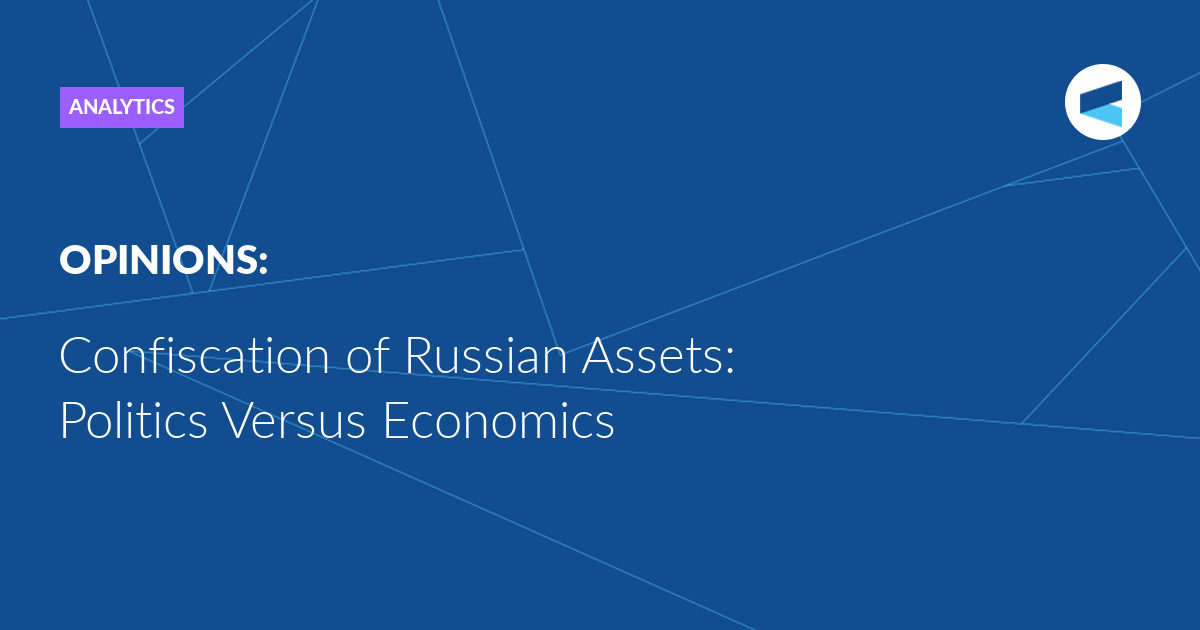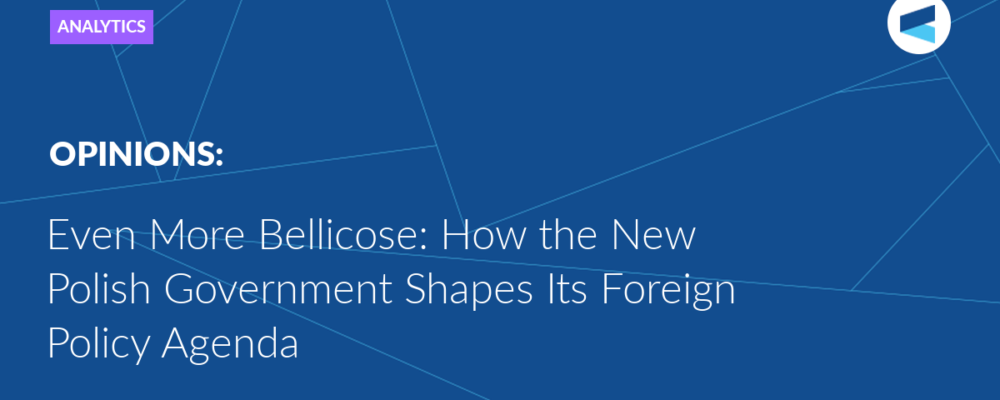Politicians in American partner countries are obviously concerned that a new wave of crisis of investor confidence, provoked by the United States, will spread to their jurisdictions.
Former British prime minister Rishi Sunak has repeatedly called for countries “to be bolder” in the confiscation of Russian assets; however, the confiscation bill introduced in Parliament was rejected, and representatives of the House of Lords, the Bank of England and many British experts have expressed concern about the potential decrease in the attractiveness of the British financial hub for investors in the event of legislative registration or even the systematic discussion of such initiatives. A similar situation has transpired in Canada: discussion in the Senate of a bill to lift immunity from sovereign foreign assets in the spring of 2024 has not resumed. It is likely that the Canadian authorities this time decided not to act as the flagship of the process and took a pause, awaiting similar decisions from their American partners. The issue of complete confiscation of Russian assets is no longer on the G7 agenda.
It is no coincidence that over the past few months, both the Prime Minister and the Minister of Defence of Australia have made statements about the impossibility of introducing the practice of confiscation in their country due to the provisions of the Constitution and national legislation, which guarantees the return of funds to persons after the lifting of sanctions.
Despite the intensification of confiscation rhetoric, the Western authorities cannot fail to understand that the cascading of such practices from the United States, first, causes serious damage to the reputation of a reliable financial hub of their jurisdictions, and second, provokes retaliatory measures from Russia, which could be very painful for their business sector. Third, they could completely cut off the path to establishing a dialogue with Russia in the future, since they make the process of asset seizure irreversible.
However, the possibility of other actors replicating American practice should not be completely ruled out. If the crisis escalates, the second scenario may be realised, and the UK and Canada may be next on the path to legitimise the practice of confiscation of sovereign assets. In this case, it is unlikely that these legislative initiatives will be implemented this year. Moreover, even in the case of legal registration, the issue of law enforcement practice of confiscation measures remains open; accordingly, the risks of Russia losing its assets (or part of them) are postponed indefinitely, but the blow to the reputation of Western jurisdictions will manifest itself immediately.
The Russian response to the unfriendly actions of the United States was not long in coming. In May 2024, Presidential Decree No. 442 “On a Special Procedure for Compensation for Damage Caused to the Russian Federation and the Central Bank of the Russian Federation in Connection with the Unfriendly Actions of the United States” was adopted. The symmetry of the Russian response, discussed in expert circles, is determined by two factors: (1) the content of the provisions of legislative acts and the category of assets falling under the measures provided, and (2) the comparability of the volumes of relevant assets located in the jurisdictions of the warring countries.
H. R. 8038 does not apply the forfeiture provisions to the frozen assets of individuals, which is further emphasized in section 104(e) of the relevant Act. At the same time, Russia’s retaliatory measures apply to the property of the United States, foreign persons associated with the United States, as well as persons under the control of US persons and associated foreign persons, including movable and immovable property on the territory of the Russian Federation, securities and shares (stakes) in authorized capital Russian legal entities, as well as property rights. Even rough estimates of the value of mutually blocked assets suggest that the response is more than comparable to the potential damage to the Russian economy. It will also be comparable if the second scenario is implemented — the practice is replicated by Canada and the UK and mirror measures are taken by the Russian side. The value of Russian sovereign assets in the USA is estimated (in accordance with the same Law) at 4-5 billion dollars, in Canada the volume is insignificant, while in the UK it is significantly higher: according to various estimates, from 14 to 22.7 billion pounds (from 18 to 29 billion US dollars). At the same time, the accumulated investments of the United States in the Russian economy (even after the departure of a number of companies) amount to more than $9 billion, Canada — $2.5-2.9 billion, the UK — $16-19 billion. Cumulatively, investments from the G7 countries are worth more than $80 billion. 60% of Russian securities traded on the stock exchange are owned by foreign institutional investors, and the share of Western investors is extremely high: about 45% of this volume comes from the USA, 25% from the UK, approximately 25% from continental Europe. So it turns out that in relation to these three jurisdictions, the Russian authorities have all the levers for a mirror response.
The Valdai Discussion Club was established in 2004. It is named after Lake Valdai, which is located close to Veliky Novgorod, where the Club’s first meeting took place.
Please visit the firm link to site






